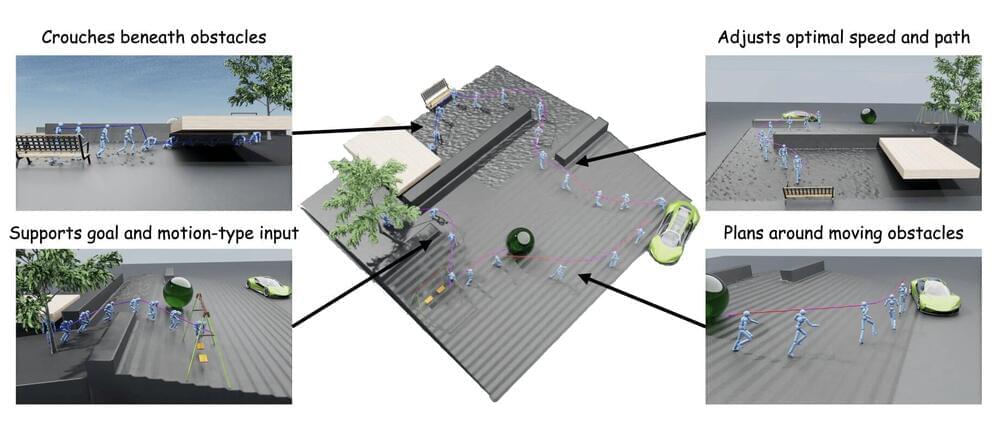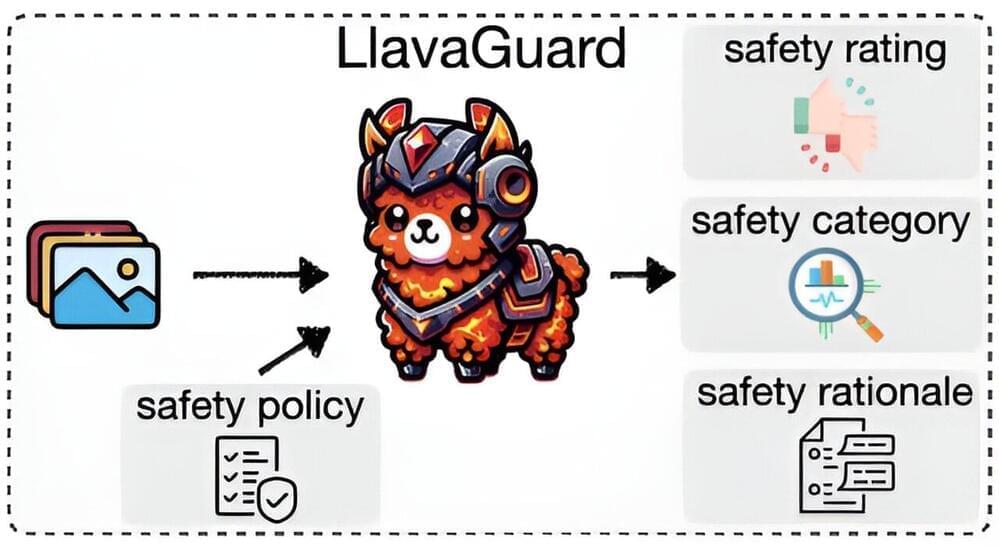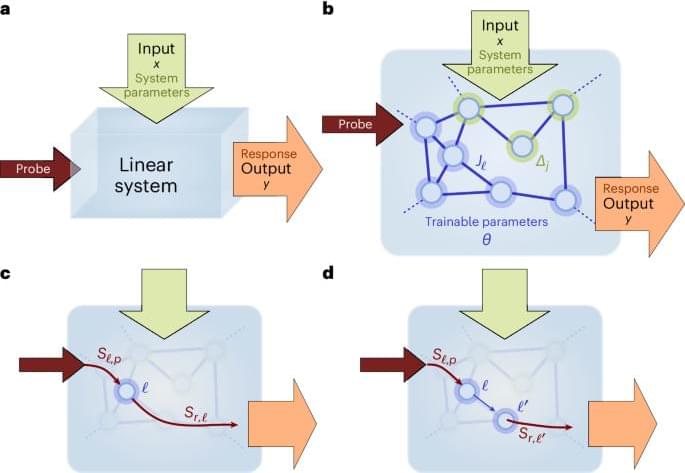
In early 2023, following an international conference that included dialogue with China, the United States released a “Political Declaration on Responsible Military Use of Artificial Intelligence and Autonomy,” urging states to adopt sensible policies that include ensuring ultimate human control over nuclear weapons. Yet the notion of “human control” itself is hazier than it might seem. If humans authorized a future AI system to “stop an incoming nuclear attack,” how much discretion should it have over how to do so? The challenge is that an AI general enough to successfully thwart such an attack could also be used for offensive purposes.
We need to recognize the fact that AI technologies are inherently dual-use. This is true even of systems already deployed. For instance, the very same drone that delivers medication to a hospital that is inaccessible by road during a rainy season could later carry an explosive to that same hospital. Keep in mind that military operations have for more than a decade been using drones so precise that they can send a missile through a particular window that is literally on the other side of the earth from its operators.
We also have to think through whether we would really want our side to observe a lethal autonomous weapons (LAW) ban if hostile military forces are not doing so. What if an enemy nation sent an AI-controlled contingent of advanced war machines to threaten your security? Wouldn’t you want your side to have an even more intelligent capability to defeat them and keep you safe? This is the primary reason that the “Campaign to Stop Killer Robots” has failed to gain major traction. As of 2024, all major military powers have declined to endorse the campaign, with the notable exception of China, which did so in 2018 but later clarified that it supported a ban on only use, not development—although even this is likely more for strategic and political reasons than moral ones, as autonomous weapons used by the United States and its allies could disadvantage Beijing militarily.


















